Baskı Detayları
| Yazar Fancies Versus Fads: Large Print |
G. K. Chesterton |
|---|
G. K. Chesterton
KF8 (Kindle Format 8), Amazon tarafından geliştirilen ve Mobipocket tabanlı bir formattır. Şirket bu formatta çok iyi çalıştı. Bu format bu şirket tarafından üretilen tüm elektronik cihazlar tarafından desteklendiğinden, bu şaşırtıcı değildir. Bu cihazlardan birine Fancies Versus Fads: Large Print indirebilirsiniz. KF8 ile çizgi roman ve bilim kurgudan ansiklopedilere ve yazarın G. K. Chesterton anılarına kadar her türden renkli ve zengin kompozisyonlu dijital kitaplar oluşturabilirsiniz. Biçim, sabit düzen, kenar çubukları, CSS3 biçimlendirme, belirtme çizgileri, SVG grafikleri, iç içe geçmiş tablolar dahil olmak üzere 150'den fazla farklı biçimlendirme öğesine sahiptir. Bu, bu biçimi diğer mobil cihaz markalarının kullanımı için cazip hale getirir. KF8'in yeteneklerine harika bir örnek, Fancies Versus Fads: Large Print G. K. Chesterton bir kitapta açılır metin kullanma yeteneğidir. Bu araç, kitap içeriğinin dinamik bileşenini sembolize eder. Kindle Panel Görünümü modu da sağlanmıştır, bu sayede Fancies Versus Fads: Large Print kitabının resimlerini yüksek çözünürlüklü grafiklerle görüntüleyebilirsiniz. Bu çizgi roman severler ya da çocuk kurgu okurları için çok yararlı bir araçtır. Özellikle günümüzde, dijital teknolojinin gelişmede geniş çapta ilerlediği zaman. Enfes bir tasarıma sahip mutfak ve diğer kitaplar için yazı tiplerini gömmek, arka plan resimlerine metin yerleştirmek, dili harfleri, dipnotları ve kenar çubuklarını kullanmak mümkündür. Formatın yaratıcıları daha az renkli, ancak daha yararlı türleri unutmadı. Ansiklopediler ve teknik literatür için çok uygun araçlar vardır. SVG, CSS3, iç içe tablolar ve dolgulu metin çerçeveleri hakkında konuşuyoruz. Herhangi bir okuyucu, ister bilim adamı ister mühendis olsun, Kindle Format 8 formatının bu özelliklerini takdir edecektir. Kindle kitap formatının geçen yıldan beri HTML5 ses ve video etiketlerinin yanı sıra geçerli tüm HTML4 etiketlerini desteklediğini ekliyoruz. Diğer üreticilerin bazı e-kitapları, desteklenenler listesinde KF8'i içerir, ancak onlarla her zaman doğru çalışmazlar. Bu, bu biçimin önemli bir eksi. Ancak gelecekte böyle bir sorun olmayacağından ve Fancies Versus Fads: Large Print KF8'in tüm elektronik kitap üreticilerine genişletileceğinden eminiz.
Milton prefaced “Paradise Lost” with a ponderous condemnation of rhyme. And perhaps the finest and even the most familiar line in the whole of “Paradise Lost” is really a glorification of rhyme. “Seasons return, but not to me return,” is not only an echo that has all the ring of rhyme in its form, but it happens to contain nearly all the philosophy of rhyme in its spirit. The wonderful word “return” has, not only in its sound but in its sense, a hint of the whole secret of song. It is not merely that its very form is a fine example of a certain quality in English, somewhat similar to that which Mrs. Meynell admirably analysed in one of her last beautiful essays, in the case of words like “unforgiven.” It is that it describes poetry itself, not only in a mechanical but a moral sense. Song is not only a recurrence, it is a return. It does not merely, like the child in the nursery, take pleasure in seeing the wheels go round. It also wishes to go back as well as round; to go back to the nursery where such pleasures are found. Or to vary the metaphor slightly, it does not merely rejoice in the rotation of a wheel on the road, as if it were a fixed wheel in the air. It is not only the wheel but the wagon that is returning. That labouring caravan is always travelling towards some camping-ground that it has lost and cannot find again. No lover of poetry needs to be told that all poems are full of that noise of returning wheels; and none more than the poems of Milton himself. The whole truth is obvious, not merely in the poem, but even in the two words of the title. All poems might be bound in one book under the title of “Paradise Lost.” And the only object of writing “Paradise Lost” is to turn it, if only by a magic and momentary illusion, into “Paradise Regained.” It is in this deeper significance of return that we must seek for the peculiar power in the recurrence we call rhyme. It would be easy enough to reply to Milton’s strictures on rhyme in the spirit of a sensible if superficial liberality by saying that it takes all sorts to make a world, and especially the world of the poets. It is evident enough that Milton might have been right to dispense with rhyme without being right to despise it. It is obvious that the peculiar dignity of his religious epic would have been weakened if it had been a rhymed epic, beginning:—Of man’s first disobedience and the fruitOf that forbidden tree whose mortal root. But it is equally obvious that Milton himself would not have tripped on the light fantastic toe with quite so much charm and cheerfulness in the lines:—But come thou Goddess fair and freeIn heaven yclept Euphrosyne if the goddess had been yclept something else, as, for the sake of argument, Syrinx. Milton in his more reasonable moods would have allowed rhyme in theory a place in all poetry, as he allowed it in practice in his own poetry. But he would certainly have said at this time, and possibly at all times, that he allowed it an inferior place, or at least a secondary place. But is its place secondary; and is it in any sense inferior? The romance of rhyme does not consist merely in the pleasure of a jingle, though this is a pleasure of which no man should be ashamed. Certainly most men take pleasure in it, whether or not they are ashamed of it.
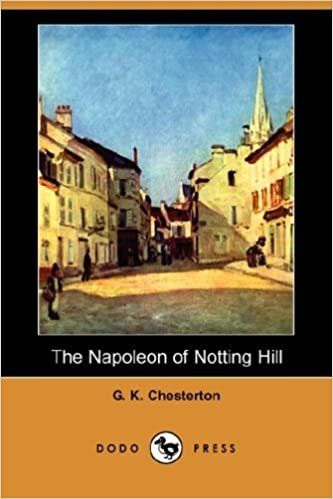 The Napoleon of Notting Hill (Dodo Press)
Edebi Kurgu
The Napoleon of Notting Hill (Dodo Press)
Edebi Kurgu
 Der Mann, der Donnerstag war
Edebi Kurgu
Der Mann, der Donnerstag war
Edebi Kurgu
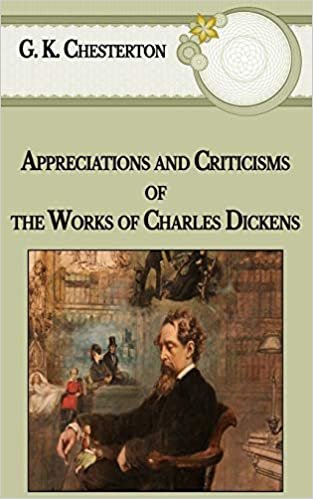 Appreciations and Criticisms of the Works of Charles ens
Edebi Kurgu
Appreciations and Criticisms of the Works of Charles ens
Edebi Kurgu
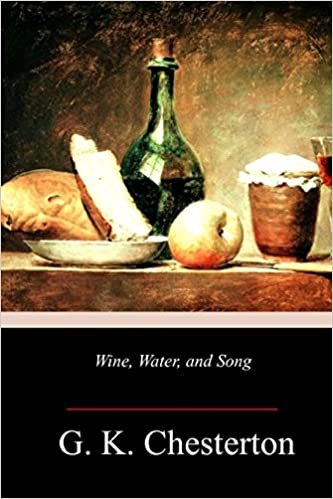 Wine, Water, and Song
Edebi Kurgu
Wine, Water, and Song
Edebi Kurgu
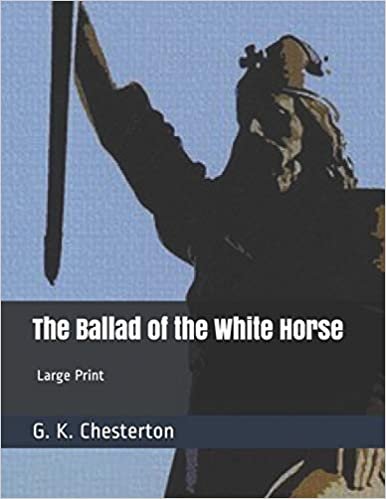 The Ballad of the White Horse: Large Print
Edebi Kurgu
The Ballad of the White Horse: Large Print
Edebi Kurgu
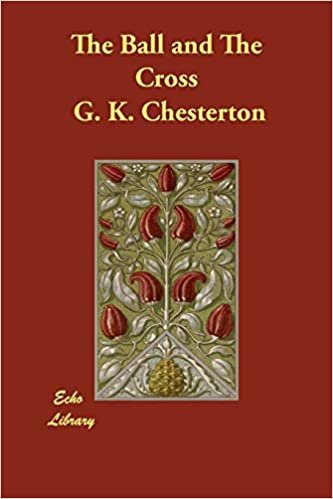 The Ball and The Cross
Edebi Kurgu
The Ball and The Cross
Edebi Kurgu
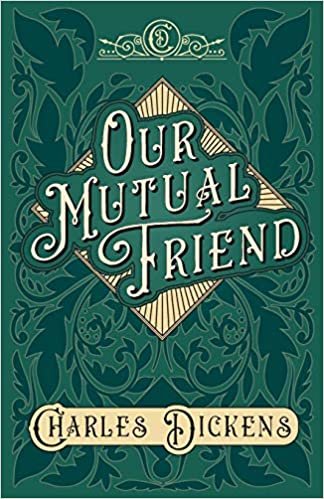 Our Mutual Friend: With Appreciations and Criticisms By G. K. Chesterton
Edebi Kurgu
Our Mutual Friend: With Appreciations and Criticisms By G. K. Chesterton
Edebi Kurgu
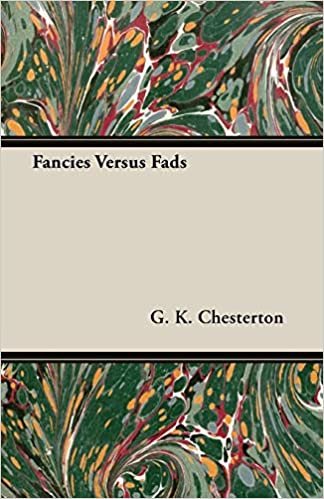 Fancies Versus Fads
Edebi Kurgu
Fancies Versus Fads
Edebi Kurgu
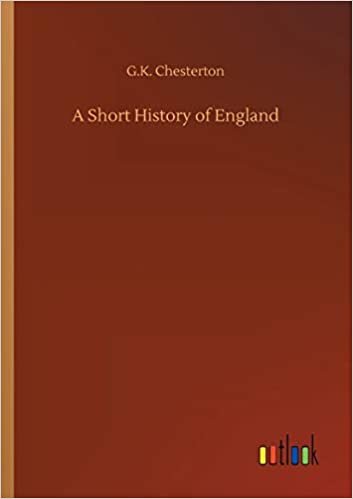 A Short History of England
Edebi Kurgu
A Short History of England
Edebi Kurgu
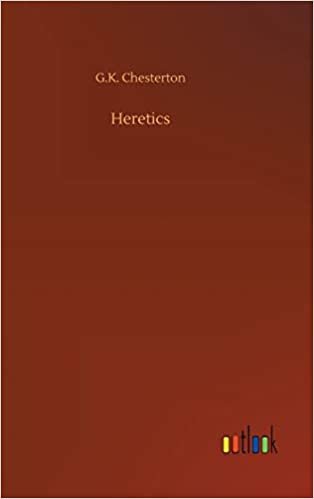 Heretics
Edebi Kurgu
Heretics
Edebi Kurgu
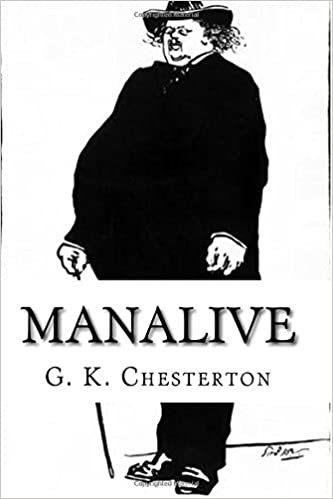 Manalive
Edebi Kurgu
Manalive
Edebi Kurgu
 A Christmas Carol: With Appreciations and Criticisms By G. K. Chesterton
Edebi Kurgu
A Christmas Carol: With Appreciations and Criticisms By G. K. Chesterton
Edebi Kurgu
Istanbul-Okuyucu, veya dalları. Tüm hakları saklıdır.